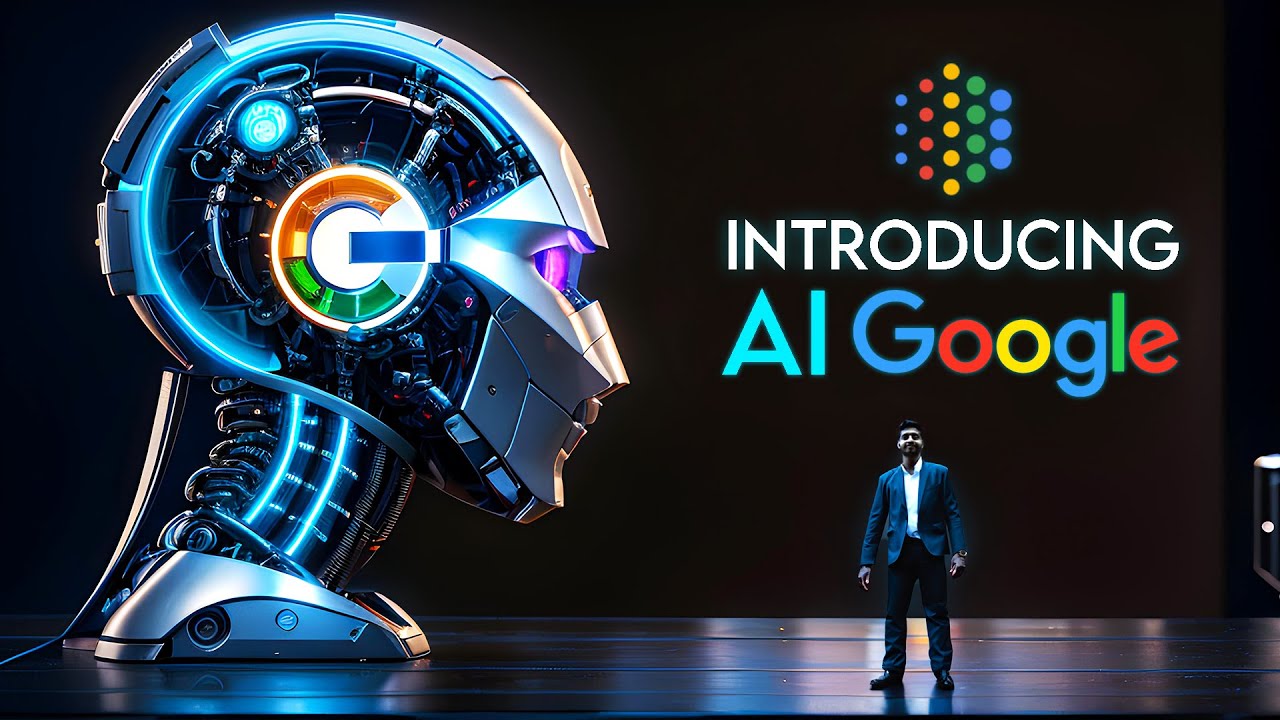For a while, Inflection AI stood prominently among AI startups, often mentioned alongside industry giants like OpenAI and Anthropic.
Founded by individuals from LinkedIn and Google’s DeepMind, Inflection had garnered $1.3 billion in funding from a prestigious lineup of investors, all to develop a chatbot to rival ChatGPT. However, recent developments have taken an unexpected turn.
As first reported on Tuesday, two of Inflection’s three co-founders, along with most of its 70-person team, are departing the company to pursue consumer AI projects at Microsoft, a leading investor in the startup.
What remains of Inflection will be helmed by a new CEO, with a shift in focus from consumer chatbot services to becoming “the AI platform for businesses worldwide.”
This surprising move raises concerns for artificial intelligence startups. Over the past year, since ChatGPT initiated a surge in generative AI interest, numerous startups have secured billions in funding to construct large language models for competing chatbots.

While these tools may be branded differently, they often appear similar to users. Now, with the uncertainty surrounding Inflection, industry insiders are questioning how many of these capital-intensive ventures can truly establish themselves in the market.
In a field crowded with models boasting similar capabilities, there might not be enough room for all to thrive, especially when free open-source models are readily accessible.
Tony Wang, managing partner at 500 Global, remains optimistic about chatbots’ long-term prospects but warns investors to heed Inflection’s story as a lesson.
Institutional investors should avoid competing with mega-rounds led by corporate giants like Microsoft and Google, whose deep pockets and cloud resources afford them a distinct advantage.
Many large language model companies are adopting a similar strategy to monetize their services: selling AI solutions to enterprise clients.
OpenAI, Anthropic, Cohere, and now Inflection AI are pursuing this approach. However, businesses have limited resources and time to experiment with numerous versions of similar services.

Inflection’s recent development, essentially an acquihire without the “acquisition,” underscores a new challenge for AI startups.
With Big Tech firms facing increased antitrust scrutiny over AI deals, outright acquisitions might become less common.
Microsoft’s agreement with Inflection, involving a substantial payment to license its AI software and hire much of its team, may still raise antitrust concerns.
Amid fewer clear exit options and intensified competition, AI startups are confronted with difficult decisions.
Despite the turbulence, the AI industry recently converged in downtown San Jose for an event hosted by Nvidia, where Chief Executive Officer Jensen Huang was hailed as a central figure in the generative AI frenzy, reinforcing his near-deity status in the AI universe.







Leave a Reply